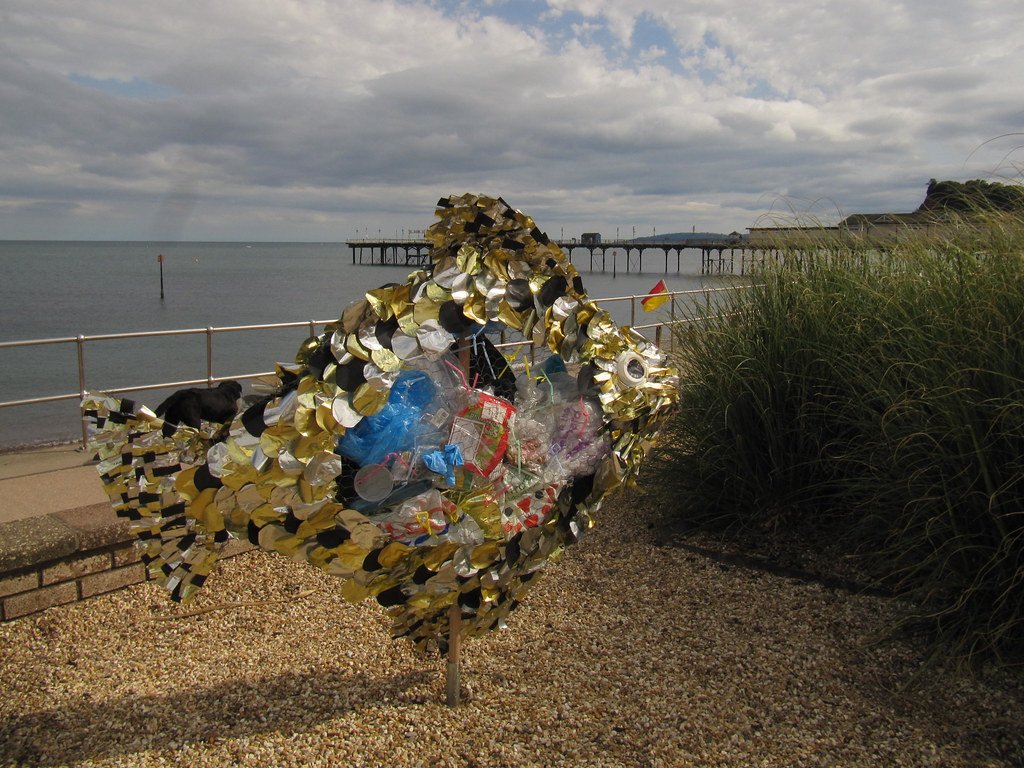Plastic Part 1: Why We Should Stop Using It—and Why We Can’t

Plastic is one of those maddening inventions. On one hand, it’s cheap, durable, and everywhere. On the other, it’s choking our oceans, harming wildlife, and leaving behind a toxic legacy that will outlast every human alive today. So why don’t we just stop using it? The truth is more complicated. Let’s unpack both sides.
Why We Should Stop Using Plastic
It’s one of the world’s biggest pollution problems.
Plastic pollution ranks right up there with carbon emissions and chemical waste in terms of environmental impact. Every year, humanity produces over 400 million tonnes of plastic, and less than 10% of it gets recycled. The rest ends up in landfills, incinerators, or scattered across land and sea.
Wildlife is suffering
Sea turtles mistake plastic bags for jellyfish. Seabirds feed plastic fragments to their chicks. Whales have washed up with stomachs full of fishing nets and bottles. Microplastics—the tiny fragments created as plastic breaks down—are now found in the guts of fish, birds, and even humans. This isn’t just a litter problem; it’s a slow poisoning of the entire food chain.
It doesn’t go away
Plastic is essentially forever. It doesn’t biodegrade—it just breaks into smaller and smaller pieces. That means every straw, bag, or bottle you’ve ever used is still out there somewhere, unless it’s been burned (and releasing toxic fumes).
Why We Can’t Stop Using Plastic (Yet)
It’s woven into modern life
From medical equipment to phones, cars, and food packaging, plastic is everywhere. It keeps food fresh, makes products affordable, and keeps hospitals safe. Replacing it isn’t as simple as banning straws—whole industries depend on it.
Alternatives aren’t always better
Paper bags require cutting down trees and more water to produce. Glass is heavier to transport, meaning higher carbon emissions. Bioplastics often require industrial composting that many communities don’t have. Sometimes, swapping one material for another just shifts the problem.
It’s cheap—and companies like it that way
Fossil fuel companies are banking on plastics as their future market as the world transitions away from oil for energy. This means the production of virgin plastic is actually increasing, not slowing. And since virgin plastic is cheaper than recycled plastic, businesses have little incentive to change.
What’s Being Done
Canada’s bans
Canada has announced bans on single-use plastics like checkout bags, cutlery, stir sticks, and some takeout containers. Enforcement has faced legal challenges, but the direction is clear: Canada is trying to phase out the worst offenders.
Global action
The EU has banned several single-use plastics and is moving toward stronger packaging rules. Countries like Kenya and Rwanda have taken further action, banning plastic bags outright with strict penalties. Meanwhile, the UN is negotiating a global plastics treaty aimed at reducing production and waste worldwide.
Local wins matter
Many communities are setting up refill stations, banning plastic bottles in municipal buildings, or supporting zero-waste shops. Small changes—multiplied across millions of people—do add up.
The Path Forward
Plastic is not something we can ditch overnight. But that doesn’t mean we’re powerless. Every time we choose to reuse, repair, or refuse unnecessary packaging, we’re cutting into the demand for new plastic. Meanwhile, pressure on governments and corporations is critical to push for real system-wide change—better recycling, smarter design, and yes, fewer throwaway plastics.
Stopping plastic pollution is less about one person carrying a reusable bag and more about millions of us insisting that a disposable future is no future at all.
